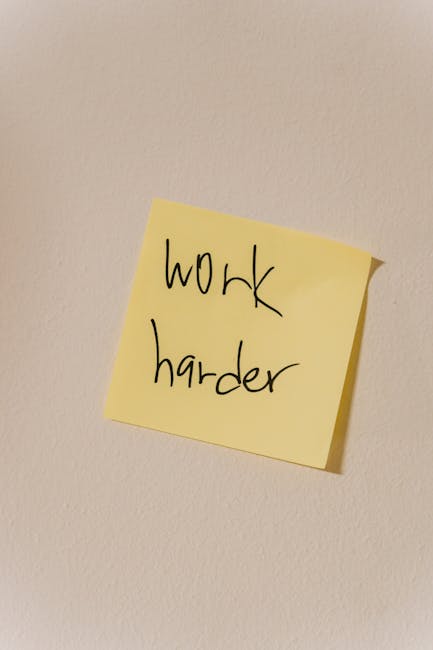How to Develop a Personalized Reskilling Plan Post-Injury
Life can throw unexpected challenges at us, and an injury can be a significant turning point. But, it doesn’t have to halt your professional journey. Developing a personalized reskilling plan can open new doors and provide a fulfilling path forward. Let’s dive into how you can craft a plan that suits your unique needs. 🌟
Table of Contents
1. Understanding the Importance of Reskilling
2. Assessing Your Current Skills and Interests
3. Setting Realistic Goals 🎯
4. Exploring New Learning Opportunities
5. Building a Supportive Network 🤝
6. Evaluating Your Progress
7. Conclusion
8. FAQs
Understanding the Importance of Reskilling
In today’s ever-evolving job market, reskilling has become more than a buzzword—it’s a necessity. Whether you’re recovering from an injury or simply seeking a change, reskilling allows you to adapt and thrive. It keeps you relevant and opens up new avenues for personal and professional growth.
Assessing Your Current Skills and Interests
Before diving in, take a moment to reflect on your current skill set and interests. What are you passionate about? What skills do you already possess that could be transferred to a new field? Consider making a list of your strengths and weaknesses. This self-assessment will be your compass as you navigate the reskilling process.
Setting Realistic Goals 🎯
Setting goals is crucial for staying focused and motivated. Start with small, achievable milestones that lead to your larger objective. Whether it’s completing an online course or attending a workshop, each step you take will bring you closer to your ultimate goal.
Exploring New Learning Opportunities
The digital age offers endless learning opportunities at your fingertips. From online courses and webinars to podcasts and e-books, you have a plethora of resources to choose from. Platforms like Coursera, Udemy, and LinkedIn Learning are great places to start exploring new skills that align with your interests.
Building a Supportive Network 🤝
Never underestimate the power of a supportive network. Surround yourself with people who encourage and inspire you. Join online communities, attend networking events, or connect with mentors who can offer guidance and support as you navigate your new path.
Evaluating Your Progress
As you work through your reskilling plan, regularly evaluate your progress. Are you meeting your goals? Do you need to adjust your plan? Reflection is key to ensuring that you remain on the right track. Celebrate your successes, no matter how small, and learn from any setbacks.
Conclusion
Reskilling post-injury is not just about adapting to a new reality; it’s about embracing new opportunities and reinventing yourself. By following a structured plan that aligns with your interests and strengths, you can create a rewarding career path that suits your needs. Remember, the journey is as important as the destination. Happy reskilling! 🚀
FAQs
1. How do I stay motivated during the reskilling process?
Set small, achievable goals and celebrate your progress. Connect with others on a similar journey for support and inspiration.
2. What if I don’t know what new skills to learn?
Start with a self-assessment of your interests and strengths. Research emerging fields and consider areas that excite you.
3. Can I reskill while recovering from an injury?
Absolutely! Many online learning platforms allow you to learn at your own pace, making it easier to balance recovery and education.
4. How do I find a mentor for guidance?
Reach out to professionals in your desired field through networking events or platforms like LinkedIn. Be open to learning and building relationships.

